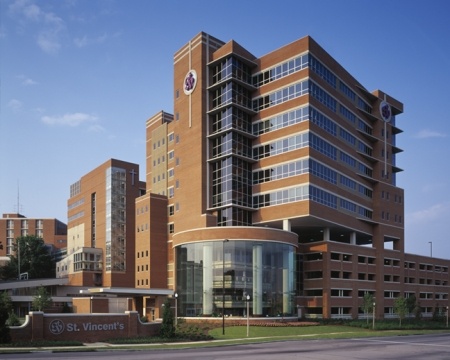 |
| A pair of elderly couples view the ocean and waves along the beach in La Jolla, California March 8, 2012. REUTERS/Mike Blake |
Aviv’s article paints a frightening portrait of a private guardian who was able to obtain a court order making her the guardian of a couple with no advance notice to them or to their adult daughter. They lost control of their lives - their assets were sold off and they were placed in a nursing home.
The abuses of private-guardian systems in some U.S. states have been on the radar screens of policy and legal experts for years, and Aviv’s story, “How the Elderly Lose Their Rights,” is worth reading in full.
When I circulated the article to readers recently, the questions started coming in about guardianship. How pervasive are the problems around the United States? Could this happen to me? What steps can I take to protect myself from this kind of abuse?
Good questions, all.
Guardianships are a legal relationship created by state courts that give one person the authority to make decisions in the best interest of someone judged to be incapacitated - and when no family member or friend is available to assume the role. In cases involving low-income people, a public guardian generally is appointed; private guardians are assigned when people have financial assets.
National data on older people placed into guardianship is very limited due to variations in the ways courts around the country track cases. But a 2010 report by the U.S. Government Accountability Office (GAO) identified hundreds of allegations of abuse, neglect, and exploitation by guardians in 45 states and the District of Columbia between 1990 and 2010. The GAO reviewed 20 cases and found that guardians had stolen or otherwise improperly obtained $5.4 million from 158 incapacitated victims, mostly older adults.
PERVASIVE PROBLEM?
Is abuse by guardians common around the United States? “I don’t think it is pervasive, but it can happen anywhere in the country if courts or agencies are inattentive,” said Katherine Pearson, a professor at Pennsylvania State University’s Dickinson Law who specializes in elder law. “But the allegations (in the New Yorker article) are some of the worst that I’ve seen. There just was no critical scrutiny of people serving as guardians.”
Problems with abusive guardianship systems also have cropped up recently in Arizona, Florida and New Mexico, Pearson noted. Systematic reform will require commitment by the states to use more care in the selection, training and monitoring of guardians, she said.
Absent significant reforms, the math tells us the problem can only grow bigger as the country ages, and millions of baby boomers move into their 70s, 80s and 90s.
What is needed, Pearson argues, is more thoughtful oversight and accountability of guardians. And situations where the court becomes complacent about a single guardian or one guardianship organization can allow guardians to take hundreds of people under their wing.
“Where money is involved and incapacity are involved, there is always a risk of abuse if you don’t have checks and balances,” Pearson said.
Two legal requirements must be met before a court appoints a guardian. First, there must be a finding of incapacity. But there must also be a court decision that there is a need for a guardian - that is, no one has already been designated by the alleged incapacitated person to act as their agent or trustee before they became disabled.
How to protect yourself against possible abuses?
Be honest about the risks, and the need to plan in advance. Whenever possible execute legal power-of-attorney documents for your finances and healthcare.
In other words - have a succession plan, not just for inheritance, but for your care needs while you are still alive. The goal is to pick someone you trust to manage your affairs in the event you are unable to do so, either a family member or friend. Some elder law experts recommend bringing in a bank or trust company as professional trustee when they establish trusts for clients.
“In an ideal world, no one would need guardianship because you already have planned for your needs while recognizing the potential that you could need help,” Pearson said.
Full Article & Source:
Column: With U.S. elder abuse in spotlight, a look at guardians



















